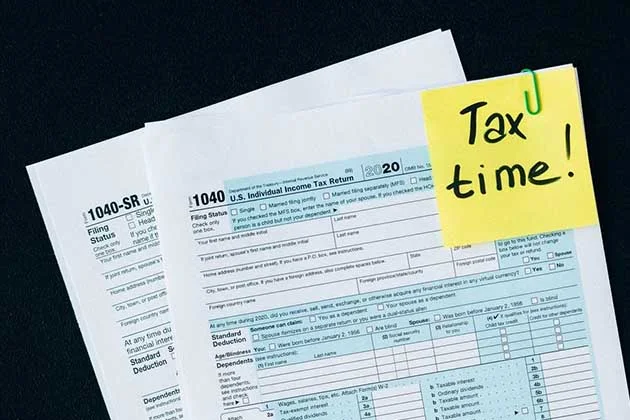We’re all guilty of it. We have a business that we started and are running out of our homes, but the money is going to personal bank accounts- or vice versa.
What many people don’t know is how detrimental this can be for your business and personal finances. There are many benefits to keeping your finances separate from one another. In this blog post, we’ll tell you why they need to stay separate and the benefits of this.
Reasons you need to keep business and personal finances separate
A business is a separate entity from you and your personal finances
This should seem obvious. However, many small business owners especially, tend to overlook personal finance tips like these and commingle funds. Your business is separate from you as a person and needs separate accounts. Why? An important reason to keep your business and personal finances separate is if something happens to you, the business will be able to live on.
Secondly, having a separate account for your business keeps things clear when it is time to file tax returns. You can put all of the income that was generated from the business in one place and calculate your tax return from there.
You are not allowed to use company funds for personal use
In some jurisdictions, this isn’t just good business practice, it’s the law. For instance, in the US state of California, it is a criminal offense to use company funds for personal expenses. Why? Because it makes things very hard to track and can be dangerous if someone were to embezzle money from your business.
You wouldn’t be able to tell whether personal funds or business funds were stolen. In fact, many times when someone is found guilty of embezzling or stealing from the company they worked for, it is often done by them using the companies’ credit cards or withdrawing money from its accounts for personal use.
Also, if you deposit a personal cheque into the business account, it could become problematic very quickly. When the bank asks you to show them the transaction, but you can’t, because it was a personal cheque not meant for the business account, you could be in some trouble.
The money you earn as an employee does not belong to the employer
If your business pays you a salary, then you should not be depositing this into your business account. This is an easy way to lose lots of money.
Why? Because if you were ever audited by the IRS, they would not know exactly how much money you are making as a business and what your expenses really are. This means that they could seize most of your earned income in taxes.
Instead, you should set up a personal account for pay (or have it deposited into your personal account). Then, set up a business account where you deposit all of the money made from your business.
This way, when tax time comes along, you can easily separate out what was made personally and what was made by your business.
If you have a small business, it’s important to keep your finances separate in order to avoid any conflicts of interest
What kinds of conflicts of interests arise when you mix funds? Take, for example, a situation where you borrow money for the business, from someone who happens to have stock in your company.
Let’s say that the loan is for $10,000 and the person who loans you the money owns 10 percent of your company. They will expect to receive a dividend from the business. But they also expect you to pay back the loan.
Things become complicated when your personal share of the business’ profits is commingled with the business funds. You may begin to feel resentful as you see your personal money being used to pay back this loan and not want to pay. Meanwhile, the other person is demanding their money and dividends.
This sort of situation often lands before a court, with much-resulting embarrassment, permanent damage to relationships, and loss of reputation.
It’s easier for financial institutions
This is particularly true if you hold your business and personal accounts at the same bank. When it comes time to send off money to the business partners, who do you bill? Who do you call with questions? The banks are best able to deal with this sort of thing when there is a clear separation between your business and personal funds.
There is no need for complicated accounting
When everything is kept simple and straightforward, it means that all of your books can be in one place. It also makes them easier for you to keep up with and track as a business owner.
Separating personal and business finances is not always easy. We hope these tips help. It can be hard to juggle both aspects of money management at the same time. However, if you’re struggling with this balance, then now might be the perfect time to hire an accountant or financial advisor who knows what they’re doing when it comes to balancing these two important areas of life.











